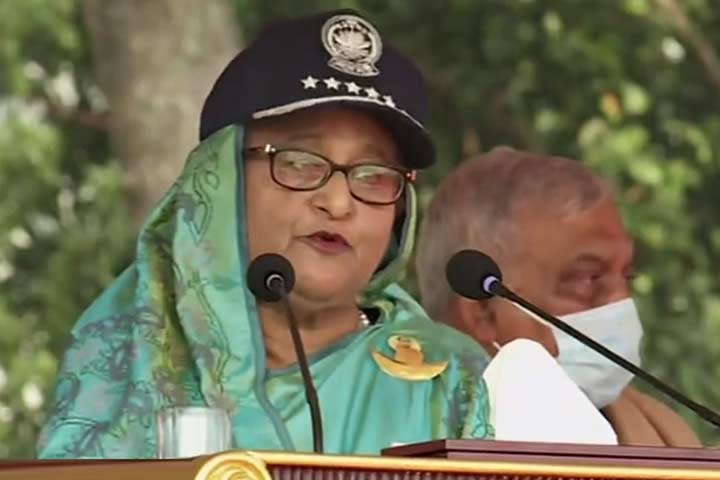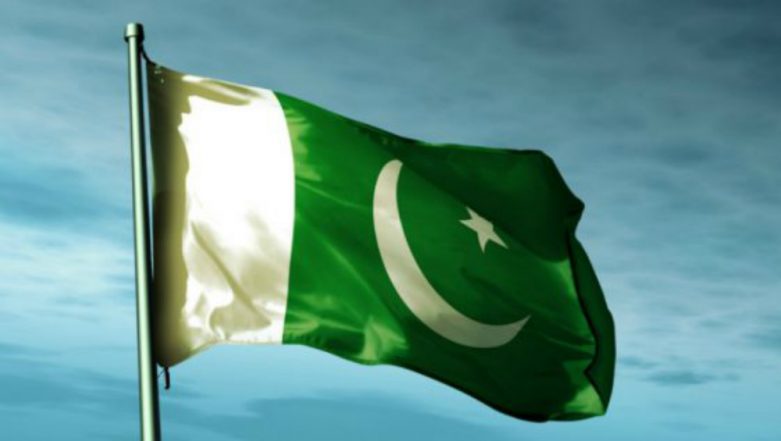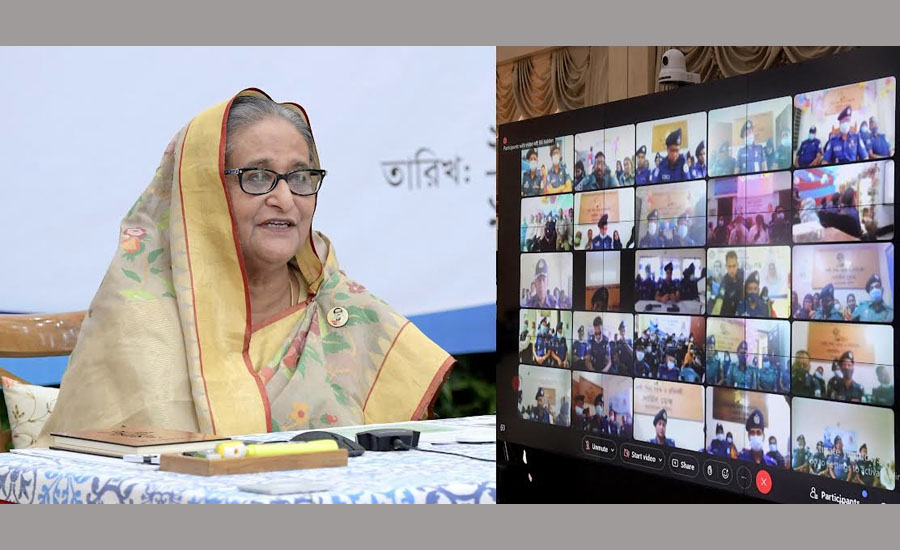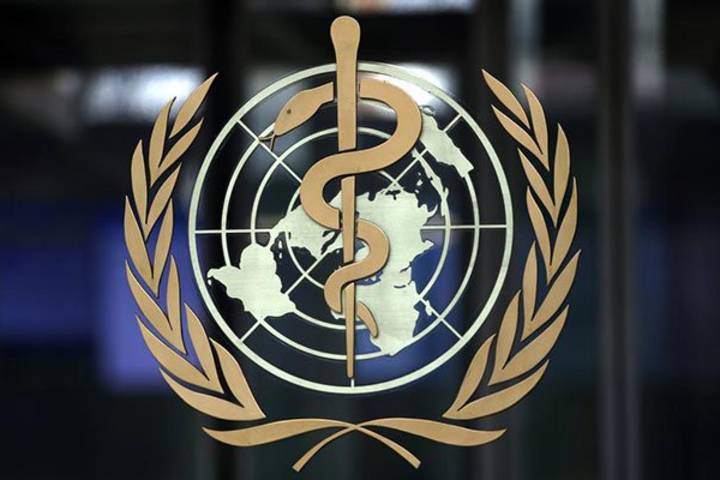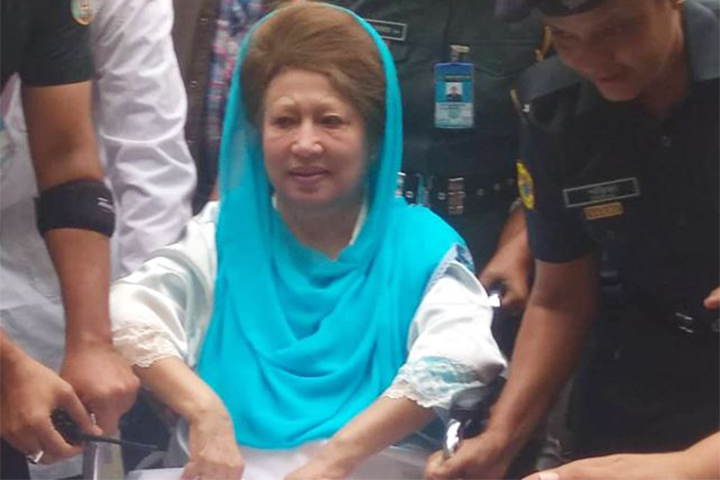India’s ASEAN rise: Where trust paves the path for partnership
The striking story of India's economic resilience and success has inspired confidence and awe across the world, including among countries in Southeast Asia. Once famous for being the economic tigers of Asia, today the members of ASEAN are appreciating India's march toward becoming a US$5 trillion economy and a leading power on the global platform.
It comes as little surprise then that ASEAN and its member states are seeking to forge closer ties with India across a spectrum of concerns, including economic cooperation and strategic association. The ongoing geopolitical turmoil because of the Russia-Ukraine war and the rivalry between the United States and China closer home has further reinforced the need for a greater alignment between the interests of India and ASEAN.
Among other things, their common desire for free and fair trade practices, greater physical and digital connectivity between its citizens, and an increasing emphasis on sustainability to combat climate change signal the expanding remit of cooperation between the South Asian powerhouse and its Southeast Asian counterparts.
The coming years will only witness further deepening and strengthening of their ties, especially as both India and ASEAN push forth for the realization of a more peaceful and equitable, multi-polar world order by overcoming critical but surmountable challenges as strategic partners.
The ties between India and ASEAN stretch back over three decades when the former engaged with the Southeast Asian regional organization as a “sectoral dialogue partner” in 1992. Thereafter, the gradual progression in their ties, particularly in the backdrop of India’s fast-paced economic growth and its increasing geopolitical weight, helped the bilateral partners broach newer and different areas of engagement, including in the maritime domain where India and ASEAN have sought to establish a collective security architecture to promote a rule-based maritime order.
Today, India is counted among ASEAN’s key strategic partners, signaling the growing convergence in their strategic and economic interests, which are further bolstered by their cultural and civilizational linkages. In fact, reiterating the historical moorings of their contemporary ties, a joint statement by India and ASEAN on the outlook for a peaceful, stable and prosperous Indian Ocean region noted that the strength of their continuing cooperation was primed by their age-old ties.
Maintaining a Janus-like relationship, it is, then, not hard to see that India and ASEAN will continue to leverage their friendly association of the past for their collective benefit in the future, particularly as they seek economic growth and strategic security for their people.
With multi-faceted cooperation in its mind, India took strides in transitioning from its economy-centric policy of “Look East” to a more proactive stance under the banner of “Act East” in 2014. Under the leadership of India’s Prime Minister Narendra Modi, India began to chart a more strategically robust journey vis-a-vis the countries to its East, including ASEAN and its respective member states, supplementing its ongoing cooperation with the Southeast Asian nations in economic and cultural domains.
It is important to note that India’s evolved foreign policy stance towards its extended neighborhood in the Southeast and beyond stemmed from its own geo-economic and geopolitical story of growth, which helped India to claim a spot for itself as a responsible rising power in the prevailing global order.
Furthermore, the shifts in India’s approach coincided with ASEAN’s growing need for stronger ties with like-minded democratic economies to rise up to the current and future challenges.
In the last decade, faced with similar challenges, India and ASEAN have found newer terrains of cooperation to explore, going beyond their traditional areas of engagement. Needless to say, their strong track record of bilateral cordiality and supportive diplomatic outreach, along with friendly people-to-people ties, helped them prime one another as credible economic and strategic partners.
Attesting to that, a recent survey by the Yusof Ishak House indicated an elevated status for India as a country that the Southeast Asian nations were likely to align with in hedging against the uncertainties posed by the intensifying US-China rivalry. It is instructive to note that India was counted as a dependable strategic partner just after the European Union and Japan, indicating both India’s growing might in the geopolitical order as well as its credentials as a reliable bilateral partner.
In the index of perception of trust, India climbed up from the last spot in 2022 to the third spot in 2023, with 9 out of 10 ASEAN member-states increasing their approval ratings for India as one of the most preferred and trusted strategic partners that they would “seek out” in the event of US-China rivalry spins out of hands.
India’s catapulting rise in status among the ASEAN nations is not surprising at all. Against the backdrop of growing geopolitical rivalries, including those between the US and Russia over the war in Ukraine, India’s unchanging stance of neutrality has helped project both confidence and responsibility onto the global platform. India’s unequivocal commitment toward peace was recently reflected when on the sidelines of the Shanghai Cooperation Organization summit in 2022, the Indian PM advocated for “democracy, diplomacy and dialogue” to settle the ongoing conflict between Russia and Ukraine.
Similarly, India’s confident demonstration of strategic autonomy, particularly on the matter of energy imports for Russia amid American disapproval, has sent out a strong message about India’s position in the geopolitical equations as a country that cannot be pushed over. Factors like these have been attributed to the substantial jump in India’s ratings - from 5.1 percent in 2022 to 11.3 percent in 2023 - among its ASEAN partners.
Against the backdrop of a volatile geopolitical order and a looming economic recession are likely to prompt even closer cooperation between India and ASEAN. Besides tiding over these concerns, India and ASEAN must continue to build on their economic, strategic and cultural partnerships to make fuller use of the potential that their ties hold.
From building smart cities to combating climate change to promoting the ethos of democracy and equanimity, much can be done by India and ASEAN to transform their age-old ties into a shining example of contemporary inter-regional camaraderie.
06 Apr 2023,20:07
















 Live Tv
Live Tv

